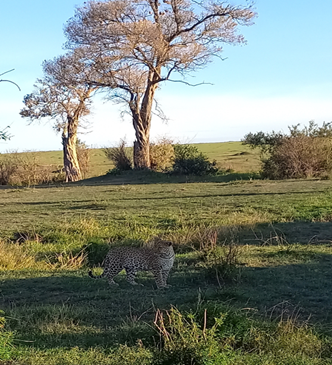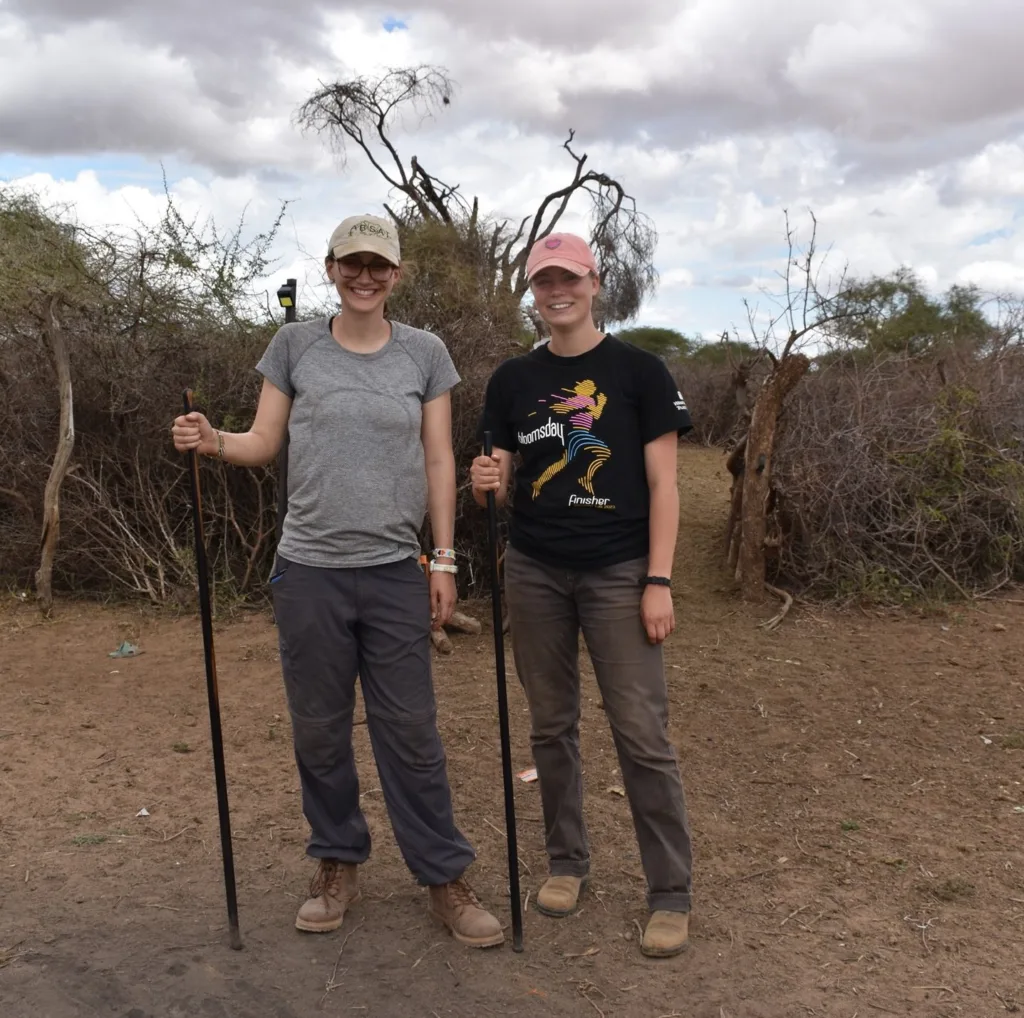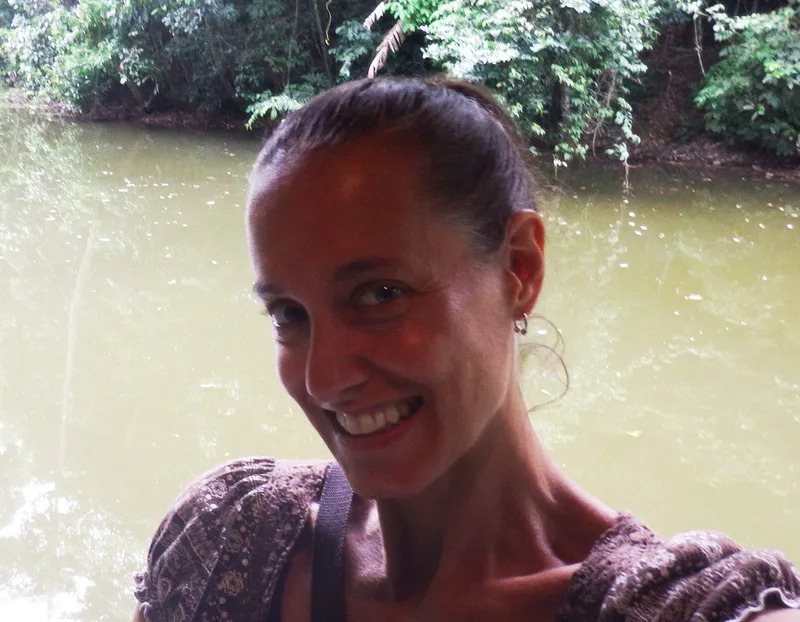
By: Katie MacDonald, PhD
Research on Coral Bleaching
Directed Research (DR) has begun in the Turks and Caicos! We each had the incredible opportunity to choose an area of interest for further investigation, and after a long couple of weeks spent studying scientific literature and deciding on our research questions, we finally began the field research and data collection portion of DR on Monday. We are now participating in research with our professors, who each lead projects in their specific fields of expertise. I think that I can speak for all of us when I say that we are unbelievably excited to be shaped and mentored by such brilliant professors.
This semester the directed research projects focus on coral bleaching, Acroporids, Queen Conch, Caribbean Spiny Lobster, finfish, Sargassum, the “photo voices” of local youth, birding, and benthic environments. My research is centered on coral bleaching and I am collecting data with Eliza, our Marine Ecology professor. She has years of experience with offshore oceanographic research, and she is really passionate about student and community engagement in local marine issues.
Coral bleaching is an increasingly important topic worldwide, as global climate change is fundamentally altering the temperature and chemistry of the oceans. Current reports of bleaching in such iconic sites as the Great Barrier Reef as more severe than in years past demonstrate the scale and consequences of bleaching, and photographs tell even more of the story. Because coral reefs are home to ¼ of the world’s biodiversity, their conservation is critical and research is integral.
For our DR we are using the Atlantic and Gulf Rapid Reef Assessment (AGRRA) and Coral Watch method, which involves collecting coral bleaching data within a belt transect on a reef. We will be diving and snorkeling to survey both shallow and deep sites around the Caicos Bank under Eliza’s guidance.
To have a chance to study such an up-and-coming issue in a critical coral reef habitat is a unique experience. South Caicos is just a piece of the global puzzle, but we have an incredible opportunity to make a difference with our research here.
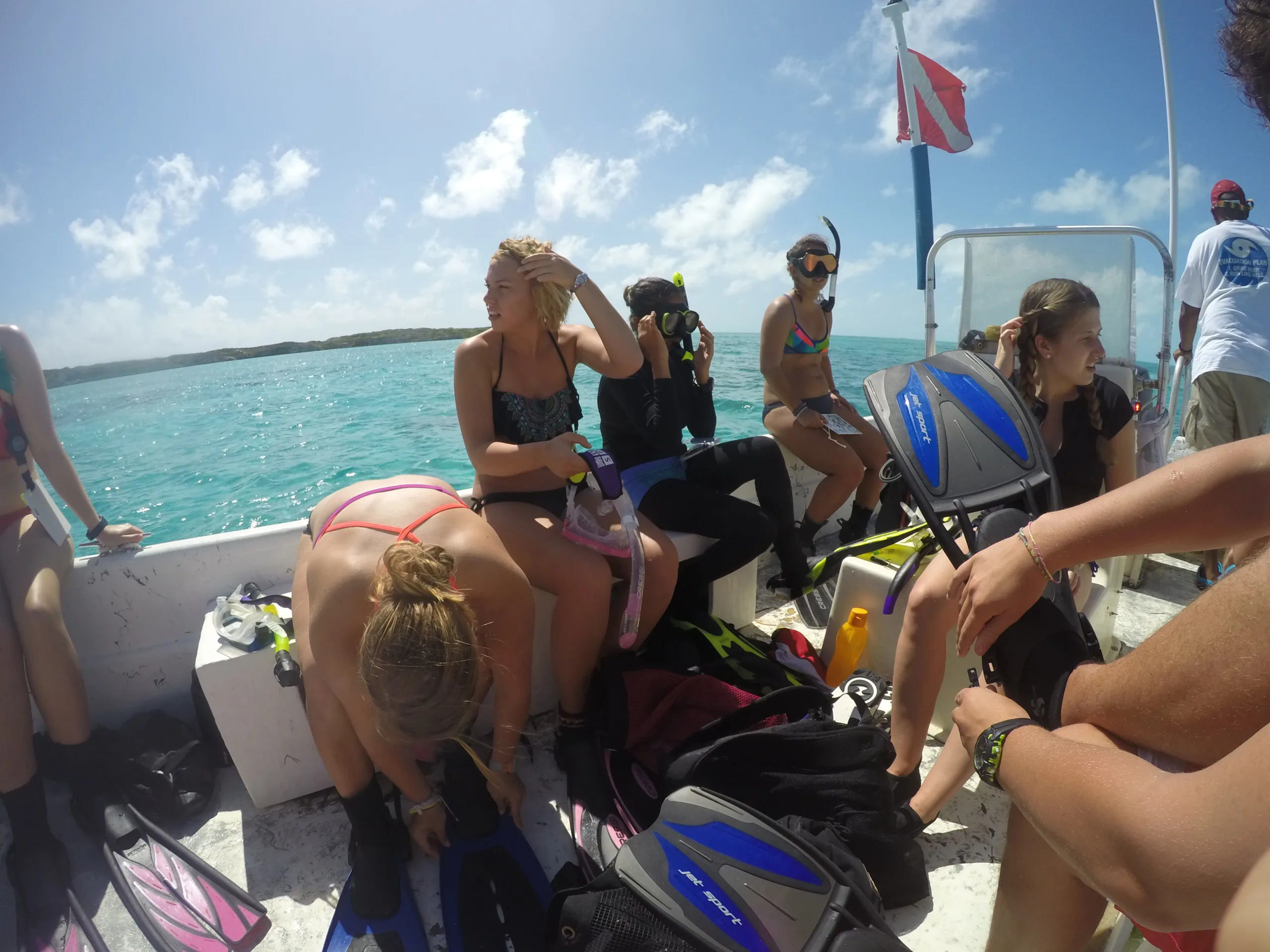
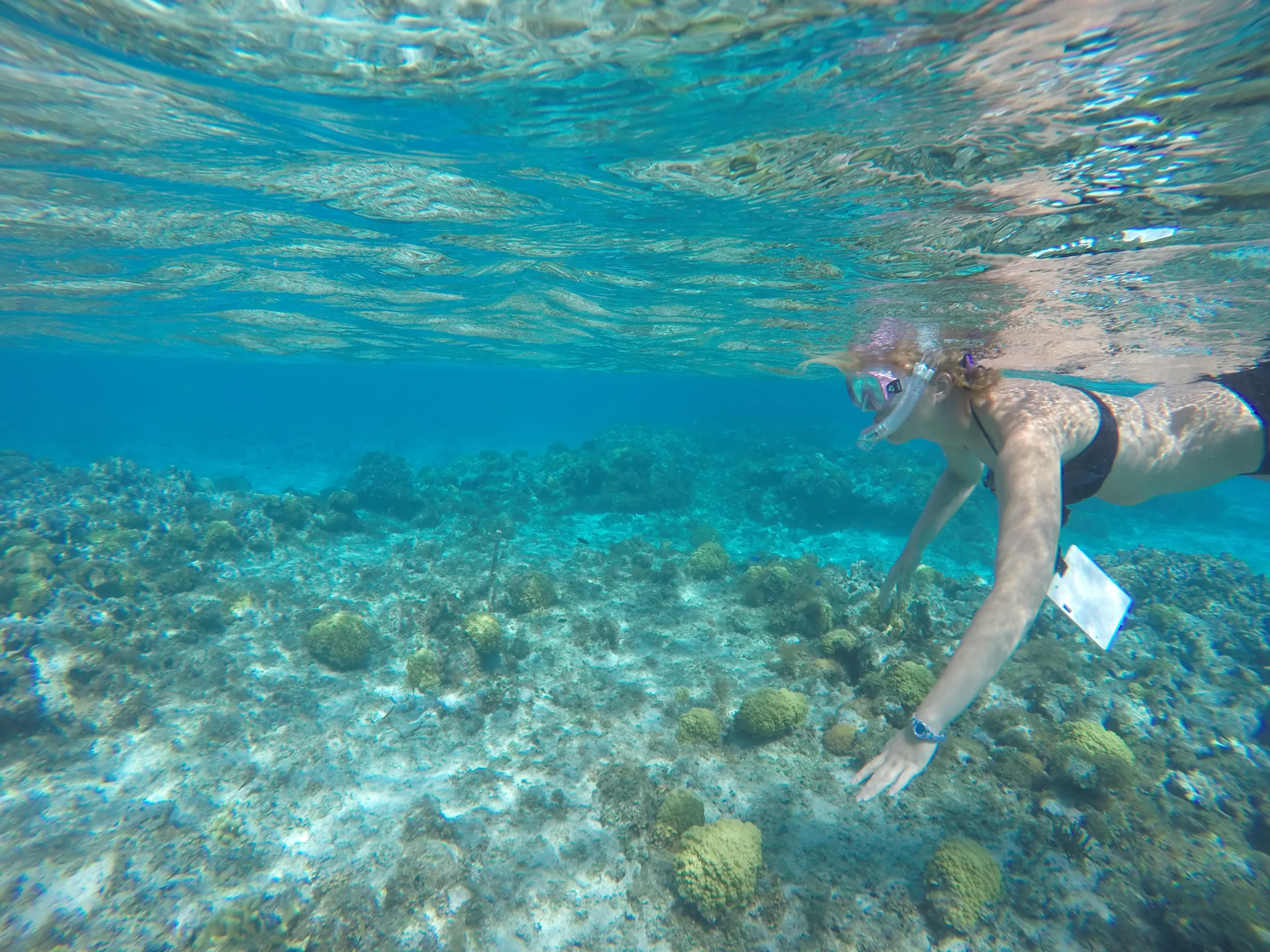
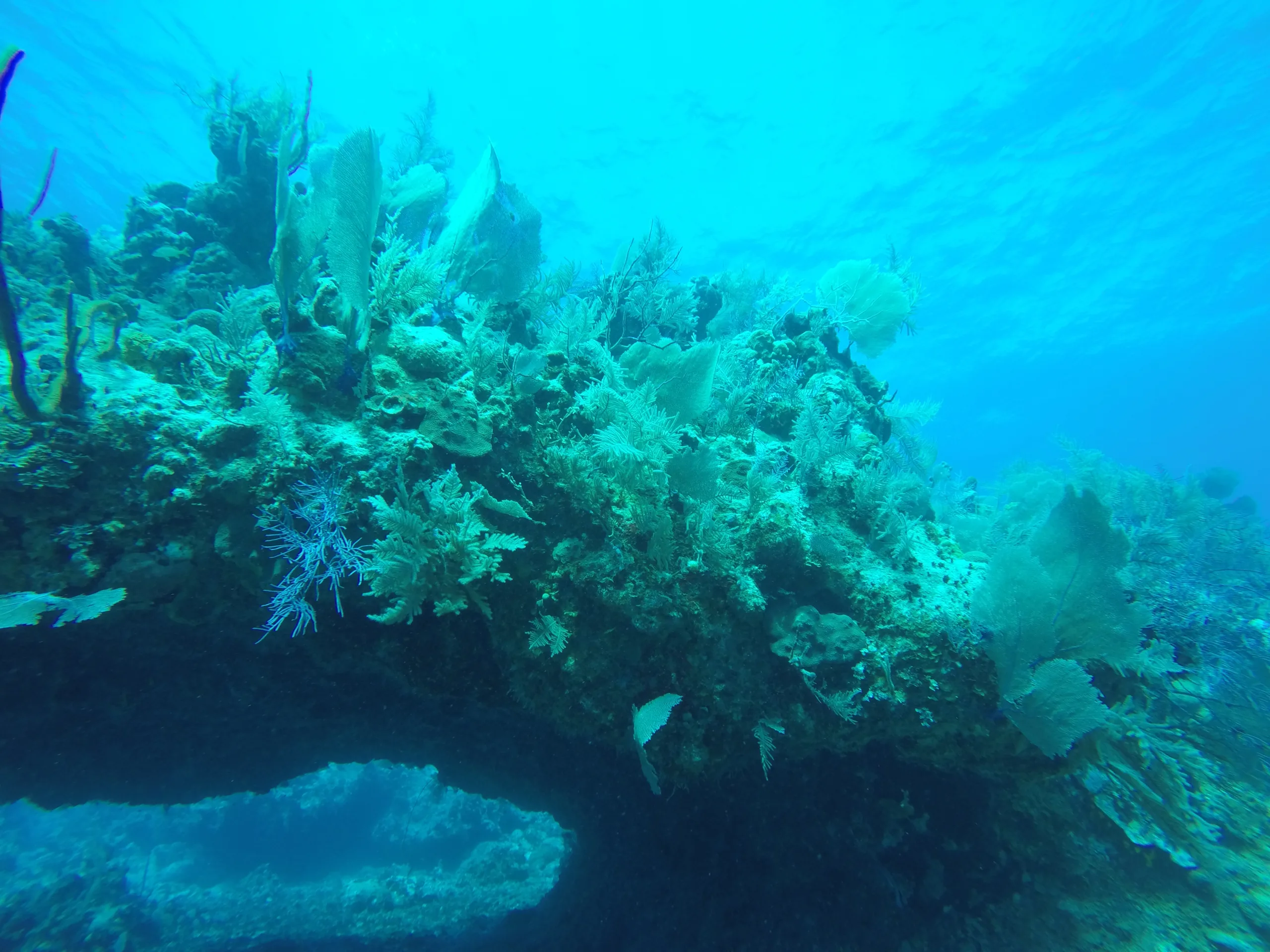
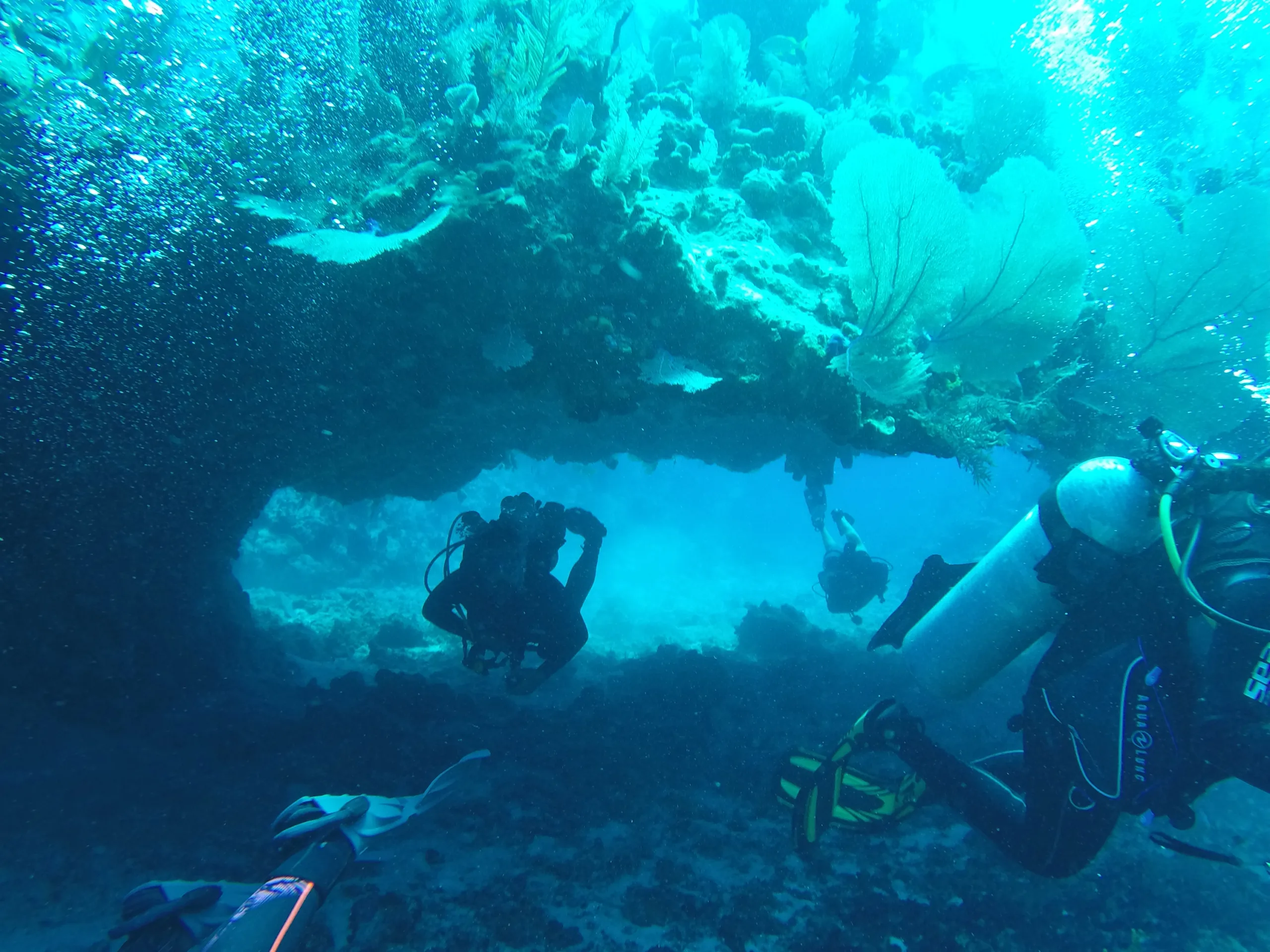
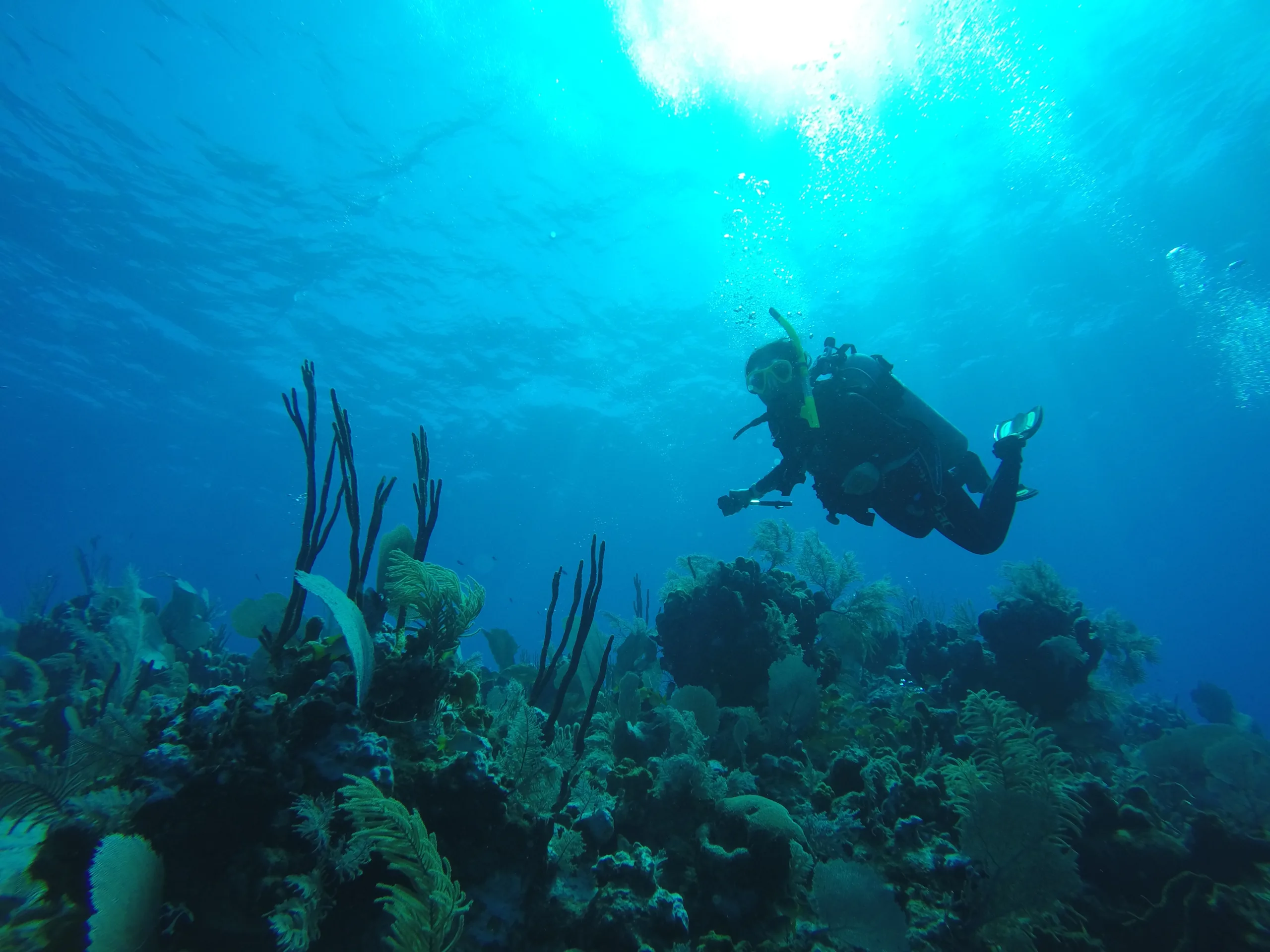
Related Posts
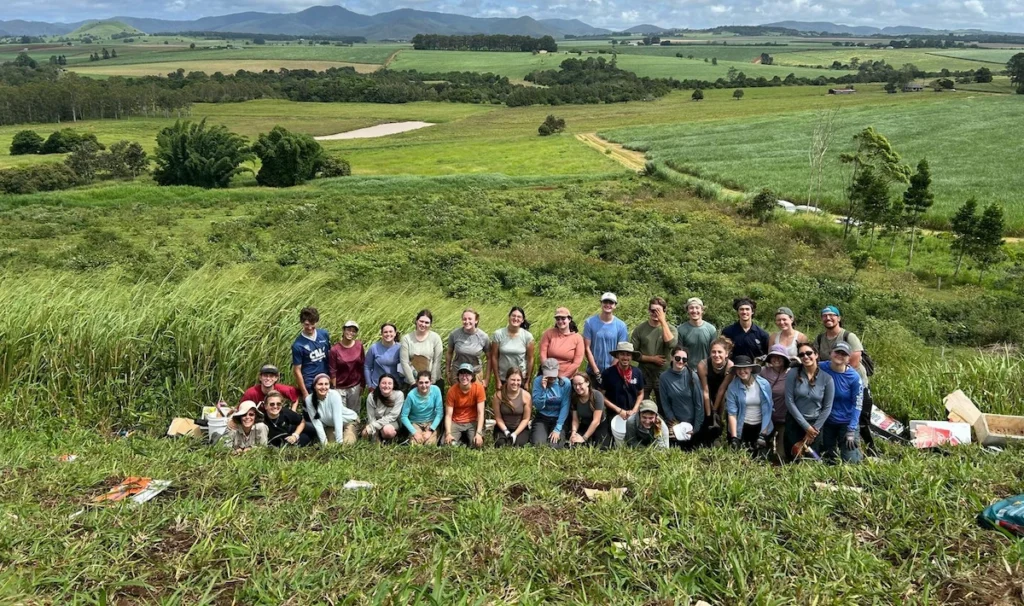
Cinder Cone Chronicles: Lessons from Drought, Data, and Determination
